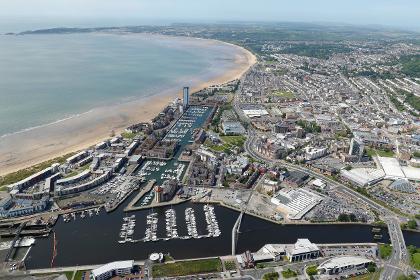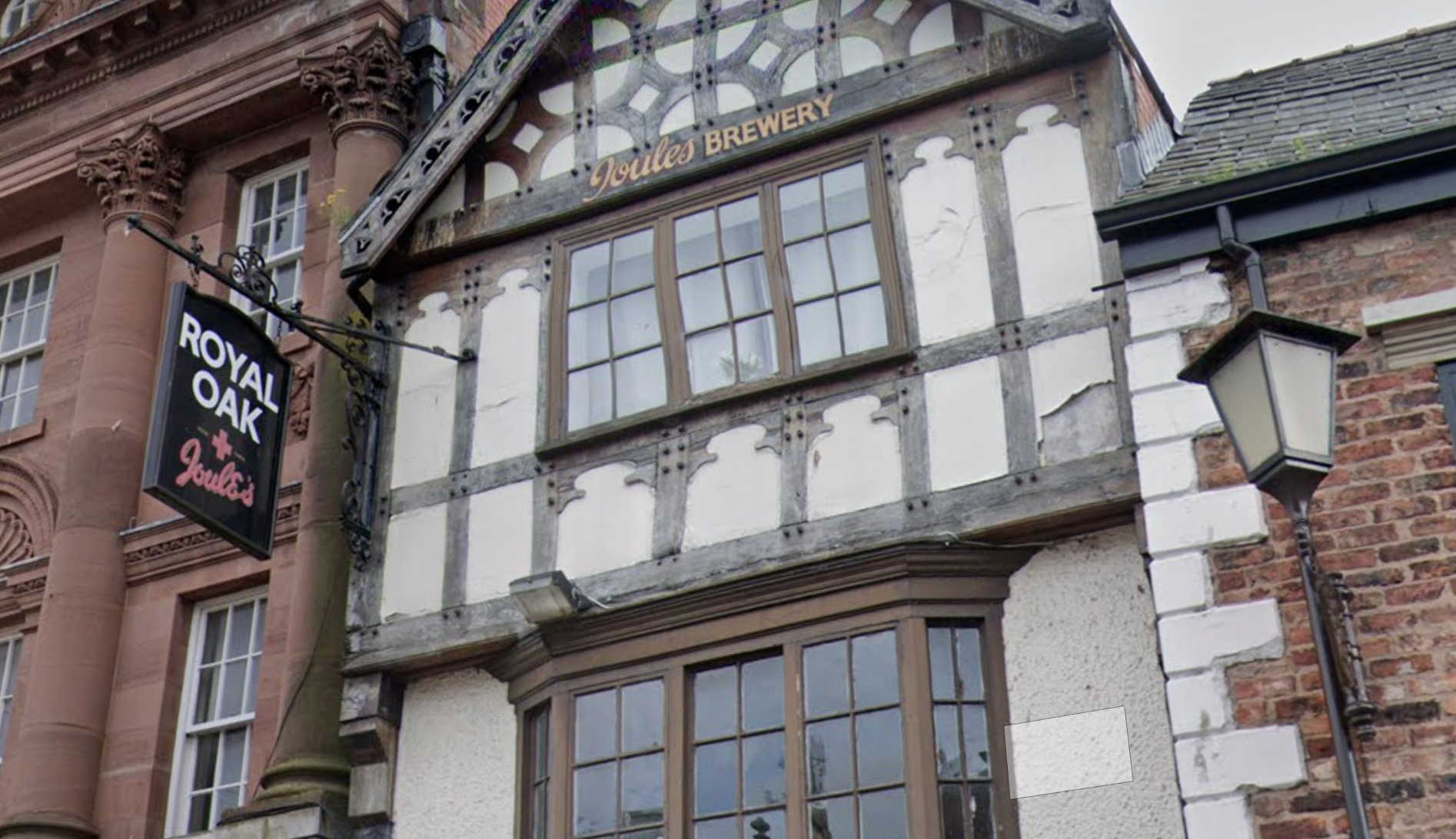Rebecca Evans confirmed Welsh Government plans to redesign council tax, which were initially pencilled in for as early as April 2025, will be delayed to 2028.
Under the plans, which aim to make council tax fairer, bands could change and Wales’ 1.5 million homes would be revalued for the first time since 2003.
While bills for 70% of people would fall or stay the same, and the total amount raised would be unchanged, 30% of households – about 450,000 homes – could face higher taxes.
In a written ministerial statement, Ms Evans said consultation responses showed a clear appetite for reform but over a slower timeline.
‘Big Brother’
She said the local government finance bill will be amended to include revaluations every five years from 2028 to keep council tax fair and responsive to economic circumstances.
During finance questions on May 15, Ms Evans told the Senedd a further consultation will be held nearer to 2028 about the scale of the reforms.
She said: “I recognise the concerns about the impact on households during the cost-of-living crisis, and that was very central to our considerations as we looked at the pace of reform.”
She told the chamber adding council tax bands at the higher end – and a band at the lower end to help people in the least expensive properties – will be part of the thinking.
Peter Fox raised reports from The Daily Telegraph that satellites will be used to assess changes to property values in Wales, drawing a parallel to George Orwell’s 1984.
‘Pearl-clutching’
Ms Evans described the article as “poorly informed, to be generous”, pointing out that the Valuation Office Agency carries out valuations independently of the Welsh Government.
She said: “I just don’t understand this clutching of pearls because we’re using publicly available information and the latest technology to accurately ensure that households are paying the right council tax.”
Mr Fox, the Conservatives’ shadow finance secretary, suggested cynics would say council tax and farming reforms are being pushed back with an eye on the 2026 Senedd election.
The Monmouth MS warned the reforms could have a “massive impact” on cash-poor families who live in larger, rural houses, perhaps in a state of disrepair.
“Those are very vulnerable and worried people,” he said.
Discounts
Welcoming a commitment to the 25% single-person council tax discount, Mr Fox raised concerns about proposed powers for councils to disapply or reduce council tax discounts.
Ms Evans acknowledged some people living in high-value homes may have a low income.
She said the Welsh Government is undertaking a review of the 53 different categories of discounts and exemptions to ensure they are fit for purpose.
The finance minister told the chamber the Welsh Government will look at other groups who should benefit from a council tax discount or exemption.
Asked about a transition fund to support people, Ms Evans recognised a consensus that transitional arrangements came too late after the previous revaluation.
‘Perfect hurricane’
Vikki Howells, a Labour backbencher, who represents Cynon Valley, raised constituents’ concerns about too long a gap between revaluations for business rates.
Ms Evans confirmed that three-yearly rolling revaluations for business rates would be introduced by the local government finance bill.
She said: “We think that three years does give that balance between certainty for business, but then also reflecting more up-to-date and current market conditions.”
Altaf Hussain, the Tory MS for South Wales West, warned that hospitality businesses are facing a perfect hurricane, calling for an exemption until a fairer system is introduced.
Ms Evans said she could not exempt a very large sector of Wales’ economy from business rates because it provides vital funding for public services.







